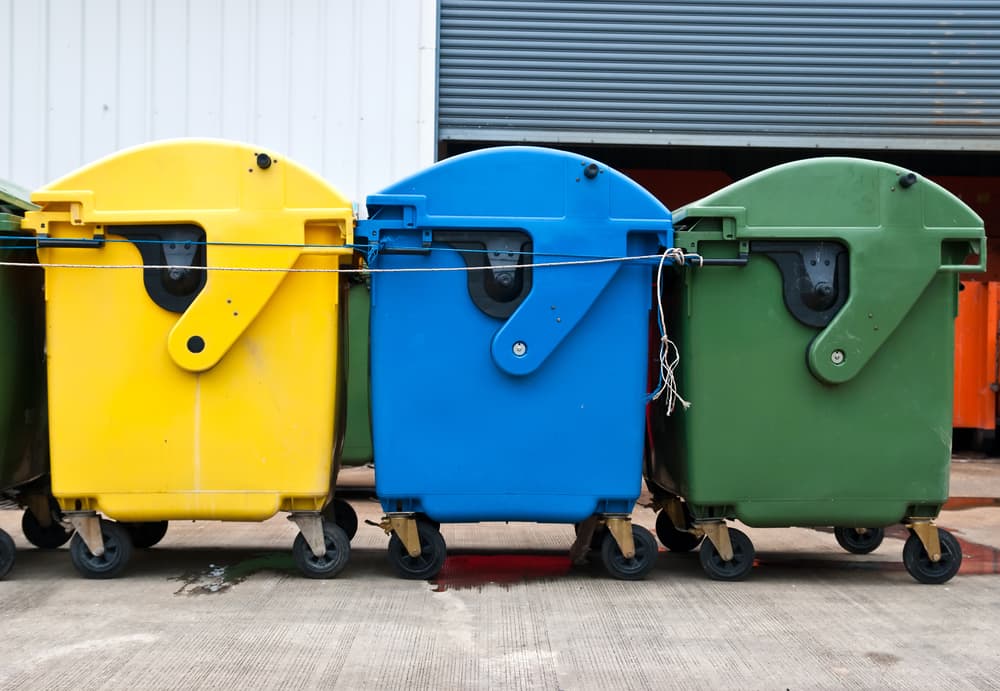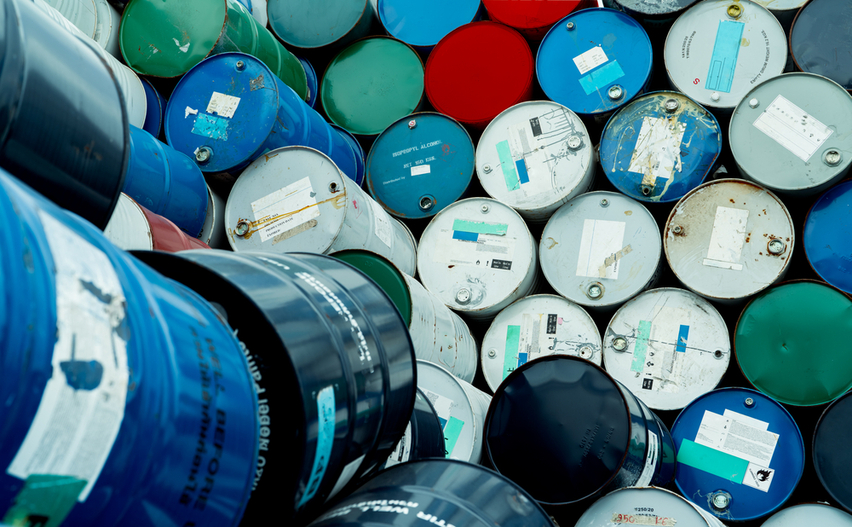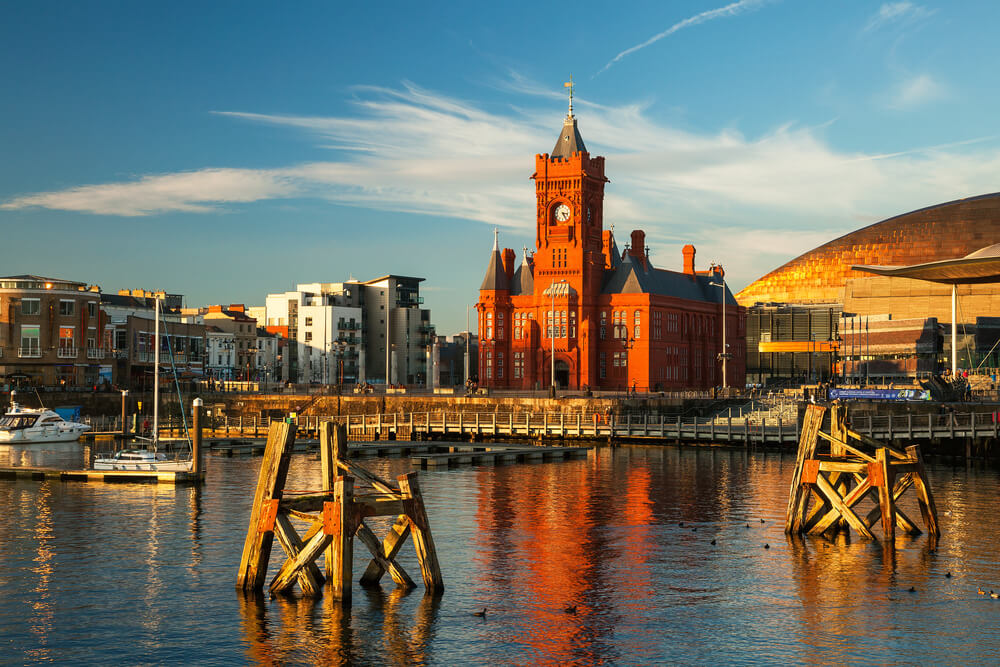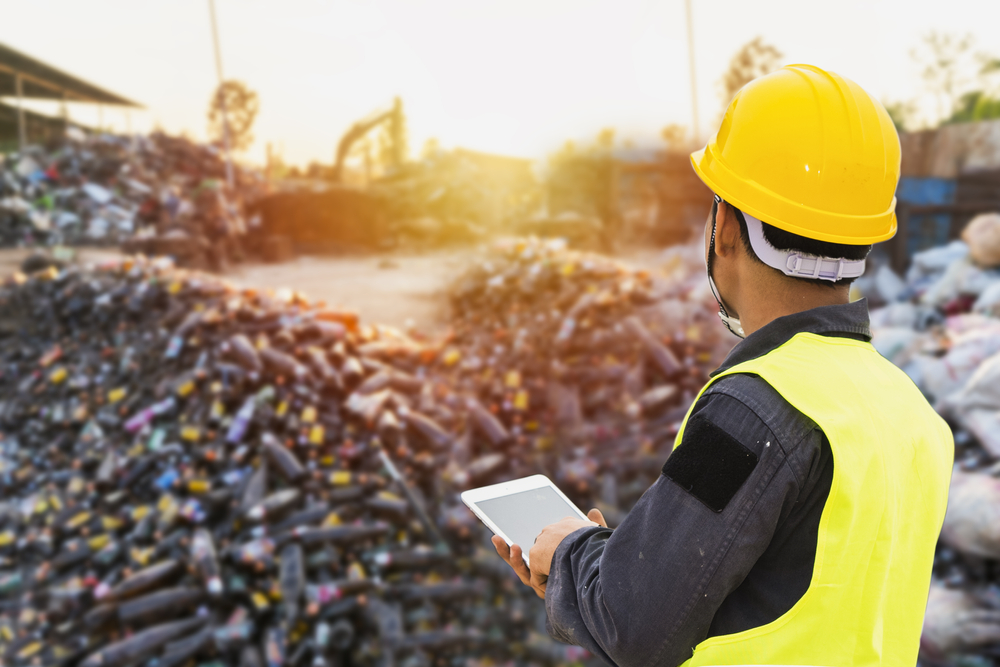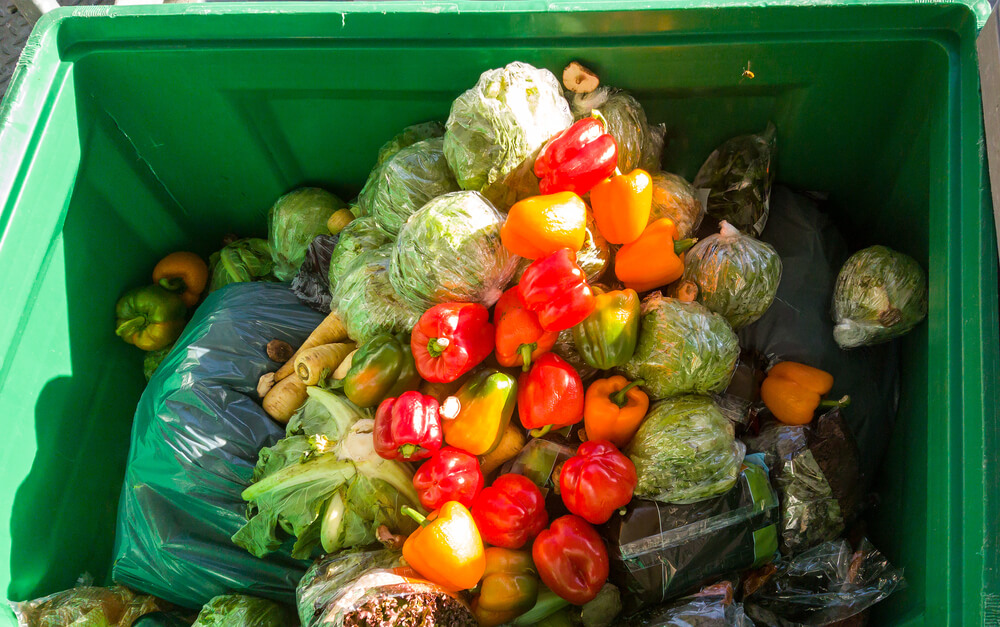May 9th, 2024

Navigating the Transition: Addressing the Challenge of Plant-Based Bioplastics
As the tide of public opinion turns against single-use plastic, businesses across various sectors are embracing alternative forms of packaging. However, this shift towards plant-based bioplastics presents complex challenges, particularly in waste management and disposal practices.
The Quest for Alternatives
Manufacturers have responded to the demand for sustainable packaging by introducing plant-based bioplastics, which fall into two main categories: durable and biodegradable.
Durable Bioplastics
Durable bioplastics serve as alternatives to traditional PET bottles and can be recycled alongside regular PET containers. They are manufactured from 30% plant-based ethanol.
Biodegradable Bioplastics
Unlike durable bioplastics, biodegradable bioplastics are not suitable for recycling and are designed to break down completely. They are intended to decompose under industrial composting conditions.
Infrastructure Challenges
The UK’s waste and recycling infrastructure, largely oriented towards anaerobic digestion (AD) for food waste treatment, presents significant hurdles for the disposal of biodegradable bioplastics. Unlike composting, AD does not accommodate bioplastics, leading to their removal and disposal as general waste.
Operational Realities
Despite the environmental benefits touted by plant-based packaging, the operational reality of the UK waste industry poses challenges. Limited industrial composting facilities and the inability of AD plants to process bioplastics highlight the mismatch between packaging innovation and waste infrastructure.
Waste Disposal Dilemma
Given the operational structures in place, plant-based bioplastics typically end up in the general waste stream. Only in scenarios where food waste is collected for industrial composting can these bioplastics be placed into the food container.
Future Considerations
As organizations contemplate the shift to plant-based packaging, engagement with local waste management providers is essential. Conducting a total cost analysis and aligning with organisational values regarding single-use plastics are crucial steps.
Long-Term Solutions
In the long run, focusing on durable bioplastics that can be recycled alongside traditional plastics may offer a more sustainable solution. This approach leverages existing infrastructure and minimises the need for new composting infrastructure.
Commitment to Innovation
Meeting the challenge of sustainable packaging demands innovation and collaborative efforts. NRC members are dedicated to finding practical solutions that balance environmental concerns with operational realities.
